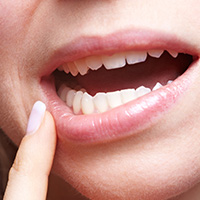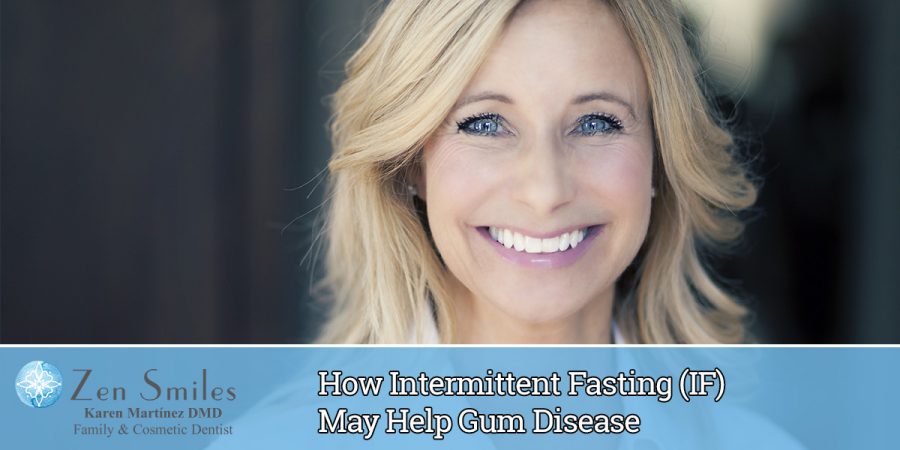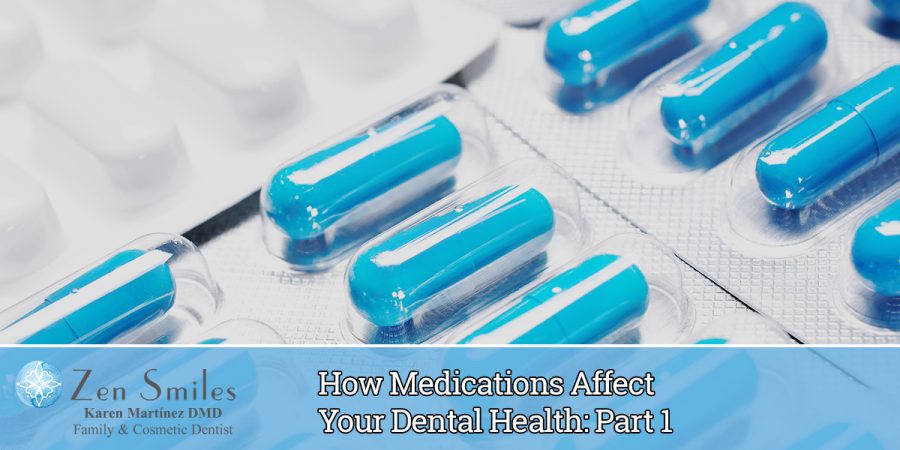Gum disease — more than 47 percent of Americans have it, that is almost half of our adult population suffering from a preventable dental health condition! It’s important now to address how to prevent, even in the most unassumable ways!
Having a healthy mouth is truly the window into your body’s overall wellness, so if you think you’re suffering from gum disease, there are ways to help treat and prevent it. Find out an interesting concept to tackling this overly abundant dental health issue through intermittent fasting!
A Quick Word on Gum Disease
Gum disease, or periodontitis, is inflammation of the gums. In its early stage, it’s referred to as gingivitis and can be swollen and prone to bleeding. In more advanced forms, periodontitis, causes the gums to pull away from the teeth and can create pockets where teeth can become loose and fall out.
Gum disease is a result of plaque and tartar overgrowth and people are more at risk with poor oral hygiene habits. The best defense is preventative dental health habits such as brushing twice per day and flossing at least once.
 How Does Intermittent Fasting Help Gum Disease?
How Does Intermittent Fasting Help Gum Disease?
If you’re not familiar with intermittent fasting (IF), in its most simple form is fasting for a 16 hour period and then only eating within an eight-hour timeframe. The best example is eating only from 12 pm to 8 pm, and then skipping breakfast the next day. It will vary from person-to-person — some use a six or even four-hour window between feasting and fasting.
How your microbiome plays in
Your microbiome which is composed of a beautiful ecosystem of bacteria, as we’re learning, is greatly tied to our health. When the balance is tipped, it can affect our digestion, immune health, and brain health. When there is an overgrowth of bacteria it causes both gum disease and bad breath.
The biggest research going into learning about the microbiome is how we influence our daily choices and activities. Through many studies, it is clear that the more diverse our bacterial ecosystem is the greater it benefits our health.
Not only is it now about what we eat — the modern diet has proven to be a disadvantage to a flourishing gut habitat — it may be about when we eat!
Fasting and your microbiome
There are many studies that site how fasting not only benefits our brains and metabolism but now our gut health. As the rhythm of our eating patterns is dynamic, so is how our gut bacteria respond to our feeding and fasting states. The rhythm is only disrupted when there is more feeding than fasting which leads to metabolic diseases such as obesity and diabetes.
Many biological things occur when you fast, namely, when your body burns energy reserves in response to it.
We’ve just begun to scratch the surface of how IF may help gum disease. We looked at what gum disease is and how to prevent it traditionally and broke into the conversation about IF and the microbiome. It will all tie together to gum disease, so stay tuned for part two!




 There are small changes you can make to address dry mouth including:
There are small changes you can make to address dry mouth including:
Recent Comments